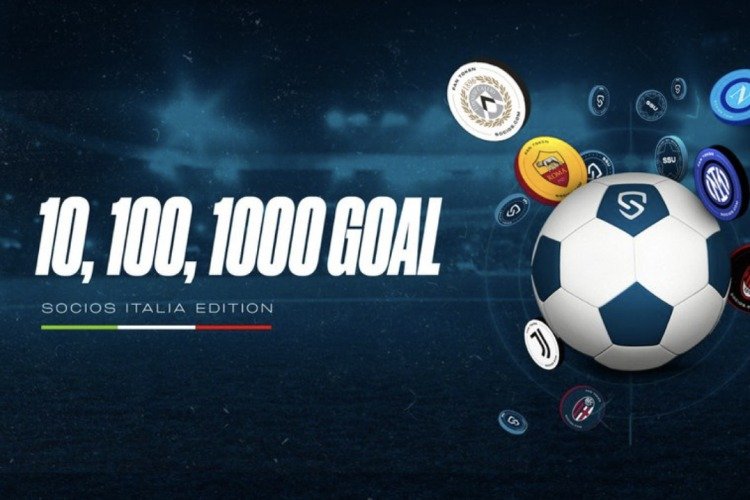Football and Cryptocurrencies

Cryptocurrencies and blockchain technology have increasingly integrated into various aspects of modern life, and sports, particularly football, are no exception. With their rising popularity, it is essential to follow safe gambling practices when engaging in any form of digital transaction or investment.
On 30 January 2023, French startup Sorare signed a four-year licensing partnership with the English Premier League. Sorare is a fantasy sports game based on NFTs or fungible tokens. Specifically, Sorare partners with many football leagues to create trading cards featuring players.
Each card is registered as a unique token on the Ethereum blockchain. Sorare players can buy and sell cards from other players. They can then put together a five-player lineup and earn points based on real-world performances. Sorare often releases new cards on platforms that users can purchase to add to their personal collections, which is how the company generates revenue.
This article discusses the use of cryptocurrencies in football and their interconnectedness.
The stronghold of crypto in football
Italian tyre giant Pirelli has long been the sole sponsor of Inter Milan football club. But in 2021, the former league champions have announced Socios as their new shirt sponsor, ending their 26-year working relationship with Pirelli. Socios is a platform that allows football fans to purchase tokens of their favorite clubs and receive certain privileges for doing so.
For the 2021-22 Serie A season in 2021-22, the black and blue shirts of Internazionale were engraved with ‘$INTER,’ a club fan token issued by Socios.
In August 2021, Paris Saint-Germain announced the signing of Lionel Messi from Barcelona and it was reported that PSG would pay part of Lionel Messi’s mouth-watering annual salary with fan tokens.
How are cryptocurrencies being used in football?
Cryptocurrencies are becoming a mainstay of the football business as clubs and governing bodies begin to integrate cryptocurrency into their transactions. But what role do cryptocurrencies play in the world of football? Let’s take a look at some of them.
Sponsorship offers from Cryptobrands
Many top European football clubs have multi-million dollar sponsorship deals with fan engagement company Socios. Also their English Premier League counterparts also have sponsorship deals with one crypto brand or another.
For example, in 2018, seven top English football clubs — Leicester City, Tottenham Hotspur, Newcastle United, Brighton & Hove Albion, Southampton, Crystal Palace and Cardiff City — partnered with the investment trading platform eToro. Many leading English football clubs followed suit, soon partnering with several cryptocurrency-related brands.
Cryptocurrency payments
In 2018, Italian Serie C football club Rimini FC 1912 became the first football club in history to be bought with cryptocurrency, and there is speculation that Premier League players could start receiving their salaries in digital coins.
Ex-Arsenal defender Kieran Gibbs has already taken the step to convert part of his salary at David Beckham’s Inter Miami into bitcoins, joining a growing list of footballers who have embraced cryptocurrency investment.
In 2021, former Real Madrid striker David Barral made history by becoming the first footballer to be transferred in exchange for Bitcoin. This historical event occurred when the Spanish striker moved from Santander’s Rasinga to Madrid’s DUCS International.
Fan Token Issuance
Fan tokens are service tokens that give fans access to membership bonuses such as merchandise or exclusive promotions. They also allow fans to participate in minor club decisions such as the choice of songs to be played in the stadium, shirt designs, etc.
Conclusion
One should always remember that dealing with cryptocurrency is a tricky business, regardless of the main motive. It’s whether it’s instant profits through cryptocurrency arbitrage or buying NFT Sorare as a thank you to your favorite football team without giving importance to the ETH/USDT exchange rate.
For the most part, NFT collections promoted by footballers have had little tangible success, and both clubs and players have been criticized for promoting unregulated assets. As a result, many football fans remain skeptical of the concept and it will take time for the cryptocurrency to gain widespread acceptance among football fans.